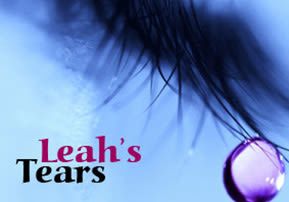
Leah’s Tears for Eretz Yisrael
I glanced at Leah. Look where her tears had taken her — across continents and back into a way of life unknown by her family for almost a century.

In time, I would learn to display it more openly. Maybe I’ll even pack tissues for the next graduation.
Some of my friends say that they become emotional at kindergarten graduation parties. I’m not much of a public weeper. I don’t even pack tissues in my purse. But this year I left the ceremony in tears.
The party began late, as usual. I even showed up ten minutes past the time stated on the invitation in hopes of staving off the inevitable wait. After photographing the graduate and exchanging hellos with the teacher and the other mothers, I parked myself on a low chair designed for a five year old, and hoped the festivities would begin soon.
Another woman sat down next to me. Tall with a creamy complexion, pale blue eyes and a blonde wig, Leah had to squash her lanky frame into the tiny chair. Yet she somehow managed to give off an aura of comfort while I grew increasingly annoyed. It was twenty minutes after the time stated on the invitation and the ceremony had yet to begin.
Although Leah spoke perfect Hebrew, she was not a native Israeli. She had emigrated from the former USSR over a decade earlier. As we sat side by side in a rare idle moment, I tried to imagine her as a little Russian girl with a large white bow in her flaxen hair and a red Komsomol bandana around her neck.
“How did you end up here,” I asked.
I didn’t mean to be nosy, but as I daydreamed about the life Leah must have led before coming to Israel, the question just burst out of me.
From her reply, I realized that she didn’t regard my query as intrusive. On the contrary, she welcomed it.
“We lived in Moscow,” she recalled. “We were quite comfortable. My husband was a lecturer at a university and I worked as an editor in a publishing house. We were planning to leave to the United States. All our relatives were there and we wanted to join them.
“We applied for visas and time and time again our requests were refused. One night as I was watching television, a picture of Jerusalem flashed across the screen. I began crying and for two hours I just cried and cried. I didn’t understand why, but after that I told my husband that we we’re going to Israel.
“Neither of us had any family here and we knew that jobs would be hard to come by. Despite these obstacles, my husband agreed. We moved to Israel not long after that. We started learning about our heritage and became religious. We felt that Hashem was holding our hands,” Leah recalled.
I could hear accordion chords. The children took their places in the center of the classroom wearing gold oak-tag crowns, cut out in the shape of Torah scrolls.
They began singing, “Torah Tziva Lanu Moshe, Morasha Kehilas Ya’acov” “The Torah was commanded to us by Moshe, an inheritance to the tribes of Yaakov.”
We watched our little boys sing those words so naturally, so effortlessly. I thought of Leah weeping in front of her television set in Moscow, and my eyes began to well with tears. Everyone else seemed calm and unemotional. I brought my camera close to my face to hide the fact that I was crying.
I glanced at Leah. Look where her tears had taken her — across continents and back into a way of life unknown by her family for almost a century.
I looked at our sons, her blonde Yosef and my dark Yosef, saplings in a garden of Torah watered with their mothers’ tears.
As uncomfortable as I was about crying in public, I was glad that the emotion was there. It would sustain me and hopefully, it would also sustain my son.
In time, I would learn to display it more openly. Maybe I’ll even pack tissues for the next graduation.



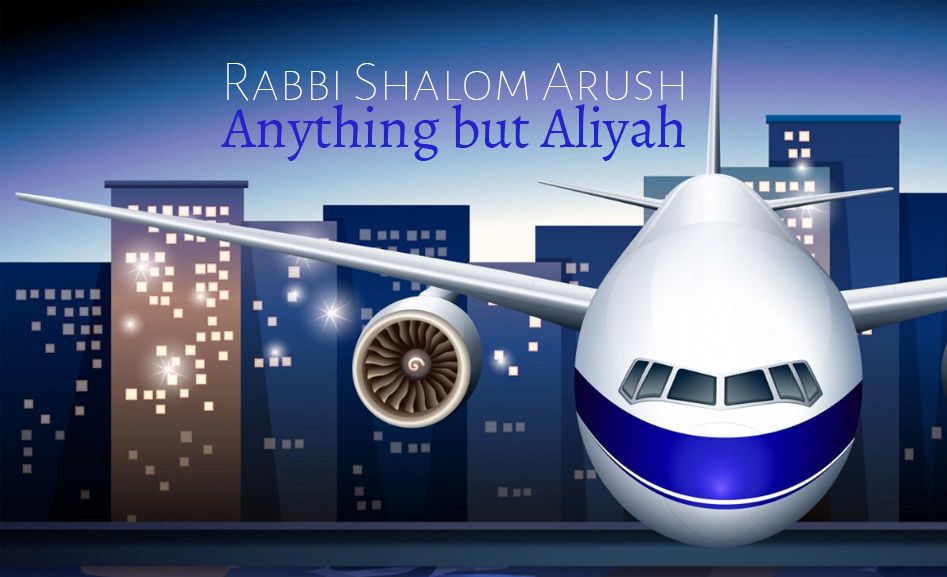

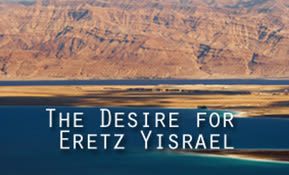
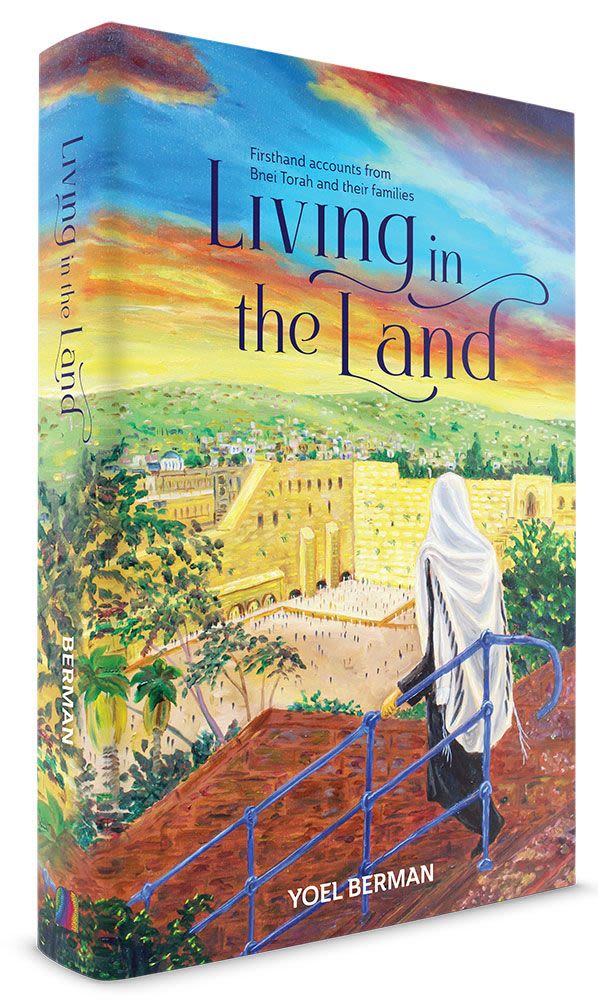
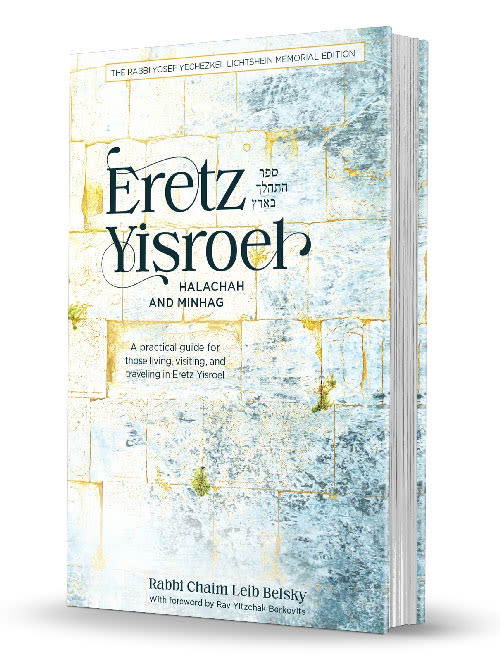
Tell us what you think!
Thank you for your comment!
It will be published after approval by the Editor.